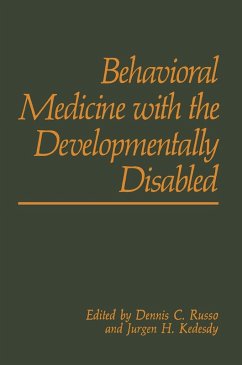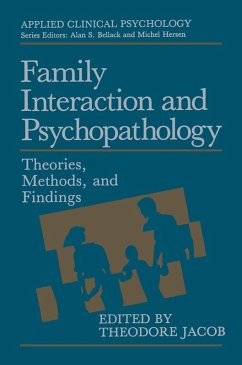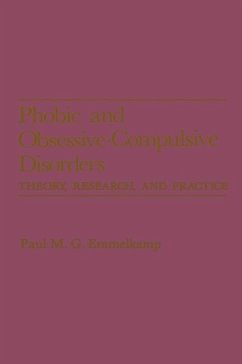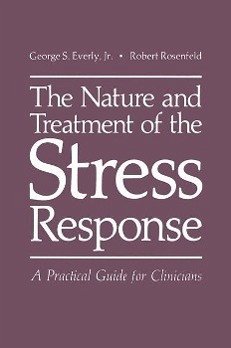
Biological Barriers in Behavioral Medicine (eBook, PDF)
Versandkostenfrei!
Sofort per Download lieferbar
40,95 €
inkl. MwSt.
Weitere Ausgaben:

PAYBACK Punkte
20 °P sammeln!
A "New Looking Glass" for Behavioral Medicine In 1984, John Briggs, a science writer and specialist in interdisciplinary studies teaching at the New School for Social Research, and F. David Peat, a physicist who was for many years a fellow with the National Research Council of Canada, published a book about the revolutions that were taking place in physics, mathematics, chemistry, biology, and neu rophysiology and about the scientists whose new theories were changing our understanding about the nature of the universe. The title of their book was Looking Glass Universe, after Lewis Carroll's cl...
A "New Looking Glass" for Behavioral Medicine In 1984, John Briggs, a science writer and specialist in interdisciplinary studies teaching at the New School for Social Research, and F. David Peat, a physicist who was for many years a fellow with the National Research Council of Canada, published a book about the revolutions that were taking place in physics, mathematics, chemistry, biology, and neu rophysiology and about the scientists whose new theories were changing our understanding about the nature of the universe. The title of their book was Looking Glass Universe, after Lewis Carroll's classic story of Alice and her friends, Through the Looking Glass. Briggs and Peat's book is a well-written, challenging volume about human beings and how they think about old problems in new and sometimes startling ways. I mention Briggs and Peat's book only partially because I happen to have a personal interest in the potential applications of new ways of looking at and thinking about nature and data derived from modern physics and systems theory for health psychology and behavioral medi cine (e. g. , Schwartz, 1984). In a letter Wolfgang Linden wrote to me on January 23,1987, he shared with me (at my request) his rough thoughts about his personal goals for this book.
Dieser Download kann aus rechtlichen Gründen nur mit Rechnungsadresse in A, B, BG, CY, CZ, D, DK, EW, E, FIN, F, GR, HR, H, IRL, I, LT, L, LR, M, NL, PL, P, R, S, SLO, SK ausgeliefert werden.












